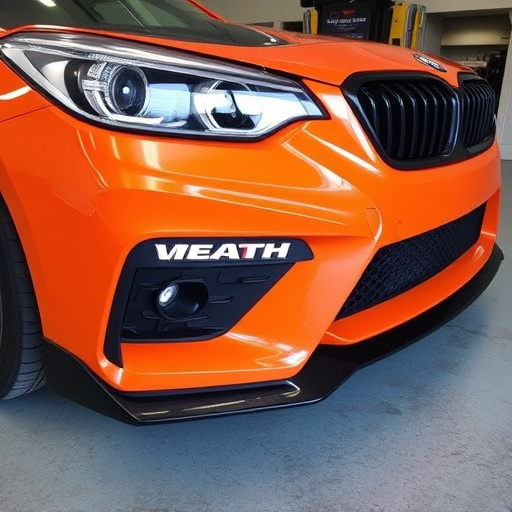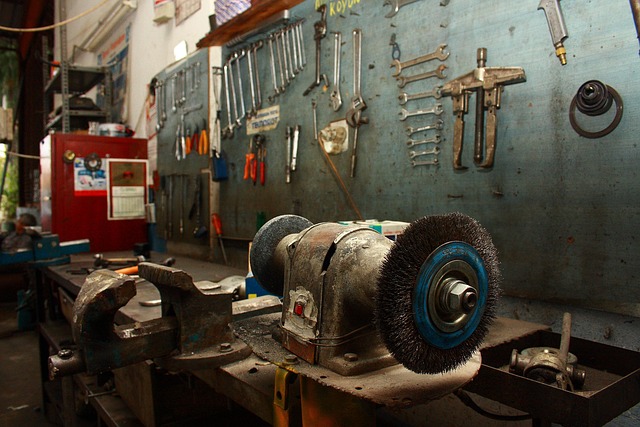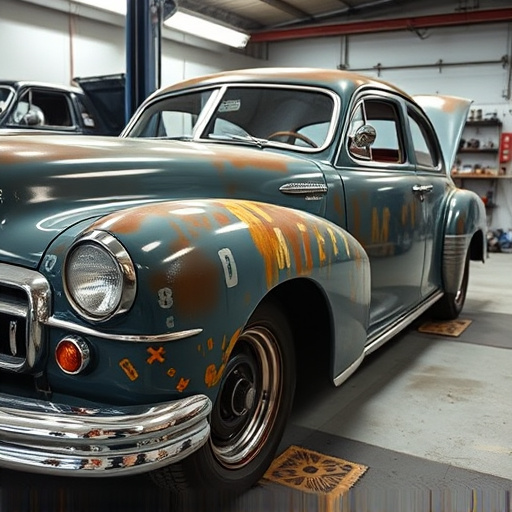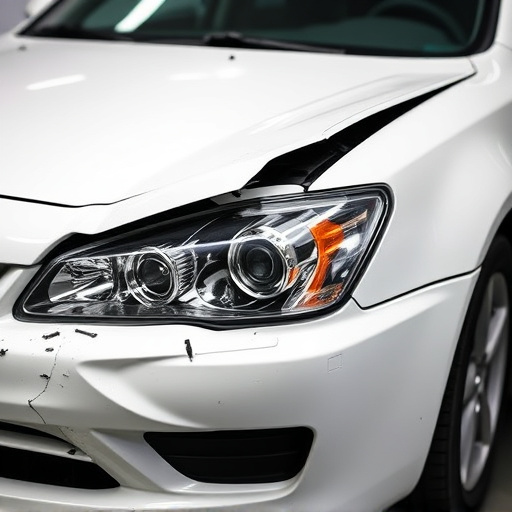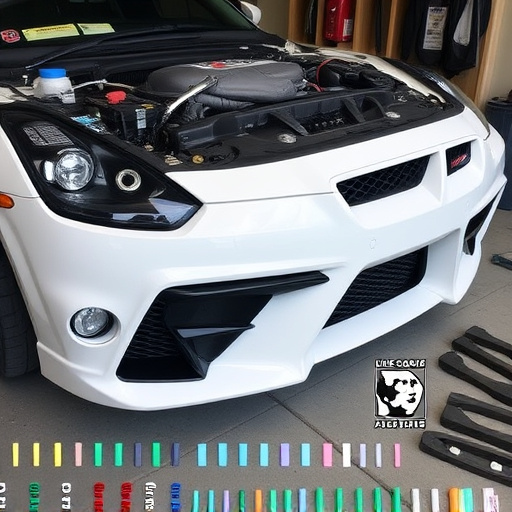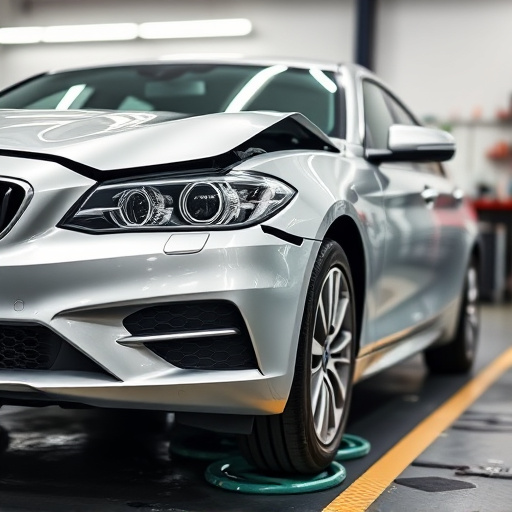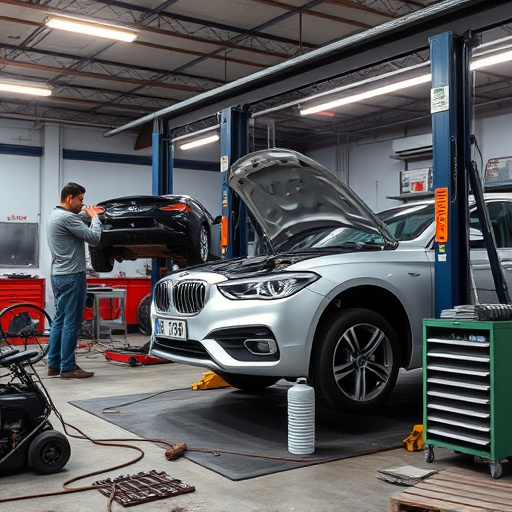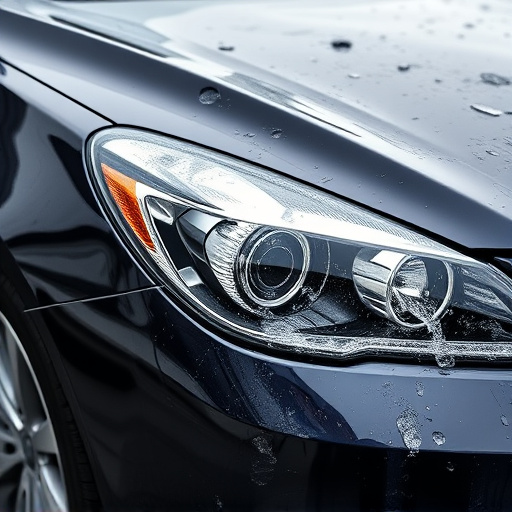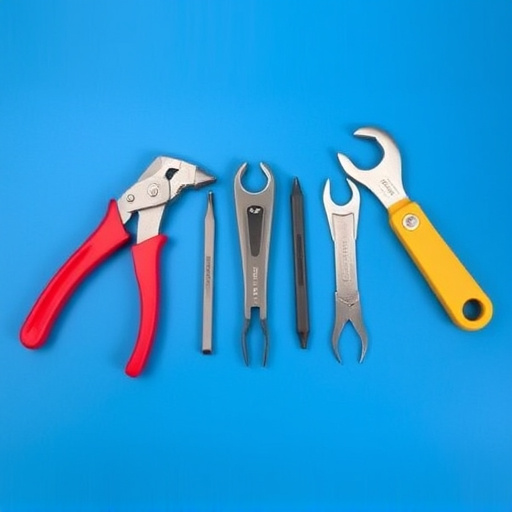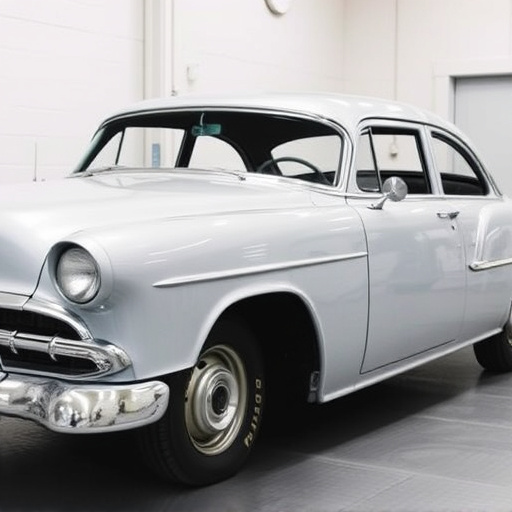Silicon bronze welding is a specialized process using corrosion-resistant alloy wires for durable, lightweight joins in marine, automotive, and industrial applications. The right wire, with specific composition and diameter, ensures strong bonds and prevents porosity. This technique is crucial for intricate automotive repairs, maintaining vehicle aesthetics and value, especially for Mercedes-Benz models requiring precision and reliability.
“Unleash the potential of silicon bronze welding with our comprehensive guide. This process, a game-changer in various industries, demands specific wiring for optimal results. From understanding its unique fusion characteristics to selecting the right wire type, this article is your compass. We explore the ideal properties and types of wire, catering to diverse applications. Unlock the secrets to successful silicon bronze welding, ensuring durability and precision.”
- Understanding Silicon Bronze Welding and Its Applications
- Characteristics of Ideal Wire for Silicon Bronze Welding
- Types of Wire and Their Suitability for This Process
Understanding Silicon Bronze Welding and Its Applications
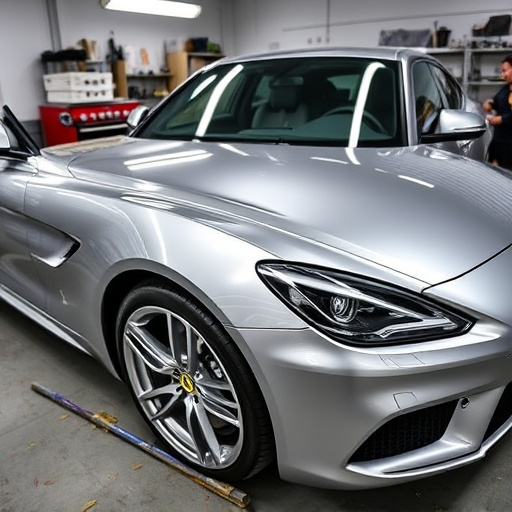
Silicon bronze welding is a specialized process that involves joining components made from silicon bronze, an alloy composed primarily of copper and tin, with small additions of other metals like aluminium or nickel. This unique metal is prized for its excellent corrosion resistance, making it ideal for various applications, including marine environments, automotive repair, and car bodywork. Its high strength-to-weight ratio makes it a preferred choice in situations where durability and light weight are crucial, such as in auto glass repair.
The process of silicon bronze welding requires specific techniques due to the alloy’s unique properties. The right wire for this task should offer strong adhesion, maintain its integrity at elevated temperatures, and resist corrosion. It is often used in intricate automotive repairs, where precision and strength are paramount. In contrast to other welding methods, it finds particular utility in challenging conditions, showcasing its versatility in both industrial and specialized sectors like marine construction and repair, further emphasizing its importance in the field of automotive repair.
Characteristics of Ideal Wire for Silicon Bronze Welding
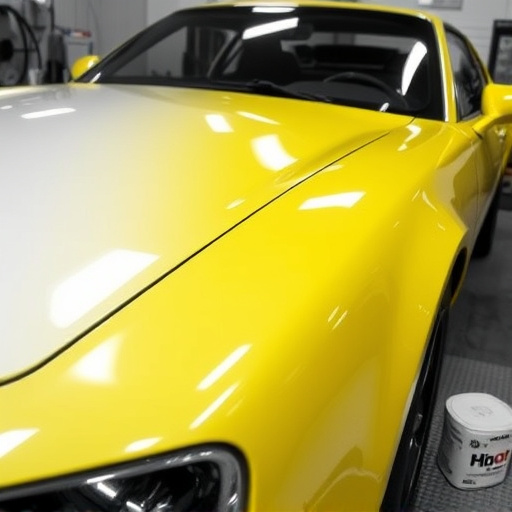
When it comes to silicon bronze welding, the choice of wire is paramount for achieving strong and lasting bonds. The ideal wire for this specific welding process should possess several key characteristics. Firstly, it must be made from a high-quality alloy that matches or exceeds the composition of silicon bronze itself. This ensures compatibility and strength in the final weld. Secondly, the wire’s diameter should be carefully selected; too thin and it may lack the strength to handle the heat and pressure, while too thick can lead to excess material and potential porosity.
Additionally, considering the application’s needs, a wire with excellent flexibility is beneficial, especially when dealing with complex or intricate joinery, as it allows for easier manipulation around tight corners or uneven surfaces—a factor particularly relevant in car paint repair and frame straightening procedures where precision and minimal damage are paramount. Moreover, a smooth and consistent surface finish on the wire is advantageous to prevent any disruption or impurity in the weld, enhancing overall quality and aesthetics, whether for industrial applications or fine art projects involving bronze casting.
Types of Wire and Their Suitability for This Process
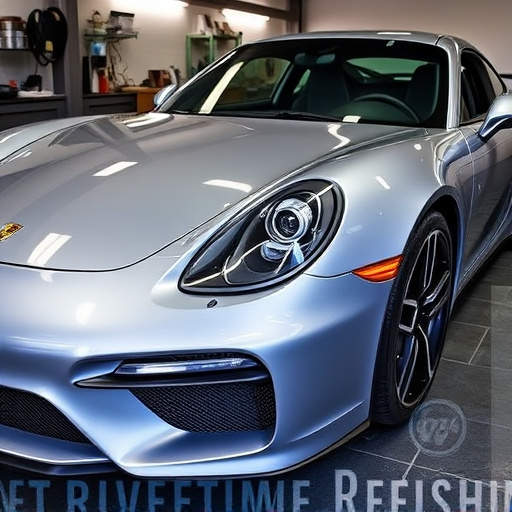
When it comes to silicon bronze welding, the choice of wire is pivotal for achieving strong and durable bonds. The most suitable wires are those designed specifically for this alloy, as they possess the right chemical composition and mechanical properties. Typically, these wires are made from a mix of copper and tin, with small amounts of other metals like zinc or nickel, creating an alloy that combines the best of both elements.
Amongst the various types available, silicon bronze wire stands out for its exceptional compatibility with this process. Its unique composition ensures it melts at the right temperature, allowing for clean fusion with the base metal. This is particularly advantageous in automotive repair and Mercedes-Benz repairs, where precision and reliability are paramount. For vehicle bodywork applications, silicon bronze welding offers a robust solution, ensuring that repairs are not just functional but also aesthetically pleasing, maintaining the integrity and value of the vehicle.
In conclusion, the success of silicon bronze welding hinges on selecting the appropriate wire. Understanding the unique properties of this specific welding process and choosing the right wire type—be it nickel, tin, or a specialized alloy—is key to achieving strong, durable bonds. By considering factors like melting point, conductivity, and tensile strength, welders can optimize their results and ensure top-quality joins in various industrial applications that rely on silicon bronze.

